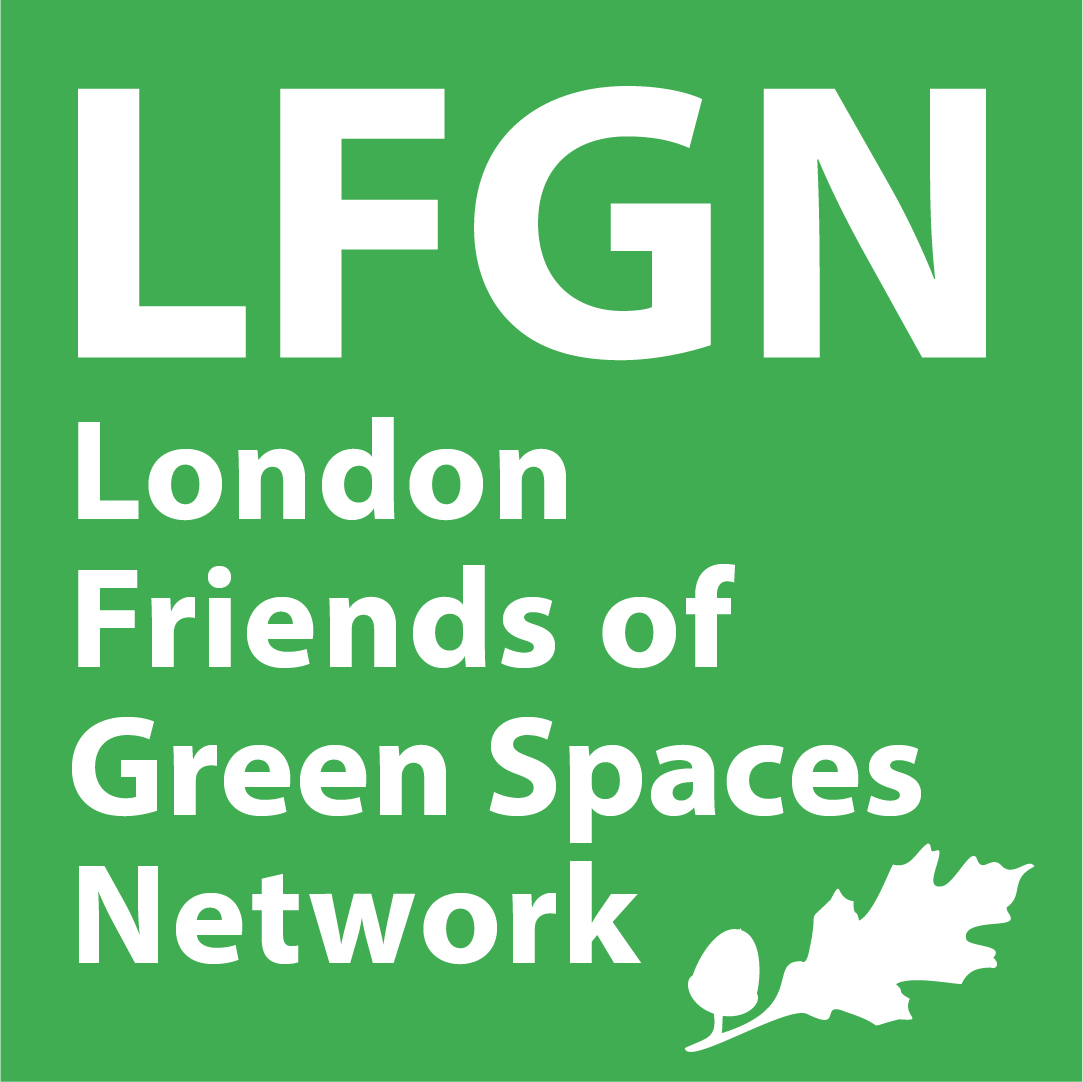For your information – yet more threats to the country’s vital green spaces
OPEN SPACES SOCIETY
NEWS RELEASE
PUBLIC RIGHTS ON GREEN SPACES TO BE EXPUNGED?
An amendment(1) to the Planning and Infrastructure Bill, due to be debated in the House of Lords on Monday 3 November, aims to remove long-standing public rights on green spaces when the land is sold by a local authority. The Open Spaces Society(2) is urging peers to oppose it.
The amendment would make it much easier for local authorities to sell open spaces to developers, ignoring and negating public rights, reversing the recent Day case(3) in the supreme court, and interfering with a high-profile case currently in the courts, namely the All England Lawn Tennis Club’s bid to develop open space at Wimbledon.
When a local authority disposes of open space it must advertise its intention and allow for public objection. It must then consider the objections before deciding whether to proceed with the disposal (Local Government Act 1972, section 123(2A)). The amendment would mean that land subject to a statutory trust(4) for public enjoyment would be freed from that trust if the authority fails to comply with the section 123 procedure—even if the non-compliance is negligent or intentional. It could then be developed.
Says Kate Ashbrook, general secretary of the Open Spaces Society: ‘The potential effect of this amendment is deeply alarming. Local authorities are hard-pressed for funds, and already tempted to sell open space for development. Through neglect, ignorance, or wilful non-compliance, they may sell the land without following the statutory process and, if the amendment is passed, public rights will be lost with the public having no opportunity to protest. We shall, by stealth, lose many open spaces with recreation rights.
‘Moreover, this change in the law would be retrospective to 1980, so that any local authority land sold since then would be freed of any recreation rights. It would also reverse the landmark supreme-court case of Day, in which Shropshire Council’s planning permission was quashed for Greenfields recreation ground, owned by Shrewsbury Town Council (which had failed to follow the section 123 procedure).
‘Open spaces are of immense value to local people, for recreation, health, and well-being. They rely on their recreational rights to be able to enjoy them. This amendment would in one blow destroy public rights on open spaces. It must be fought,’ Kate declares.
Attached photo: Greenfields recreation ground, Shrewsbury.
ENDS
Notes
1 Amendment 250, proposed by Lords Banner, Pannick, Grabiner, and O’Donnell.
2 The Open Spaces Society was founded in 1865 and is Britain’s oldest national conservation body. It campaigns to protect common land, village greens, open spaces and public paths, and people’s right to enjoy them.
3 R (on the application of Day) v Shropshire Council [2023] AC 955.
4 The Public Health Act 1875 section 164, and the Open Spaces Act 1906. Where local authorities hold land under these provisions (as most open spaces are), they are held in trust for public recreation.


